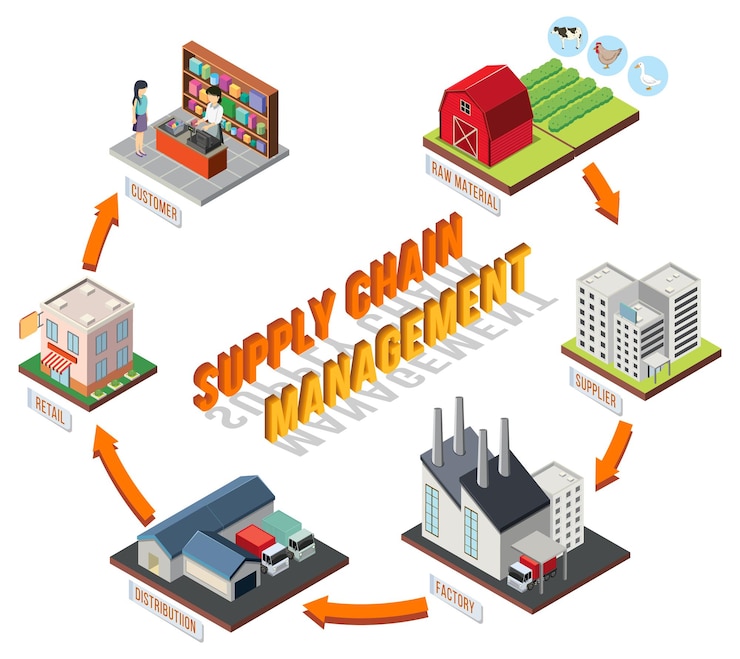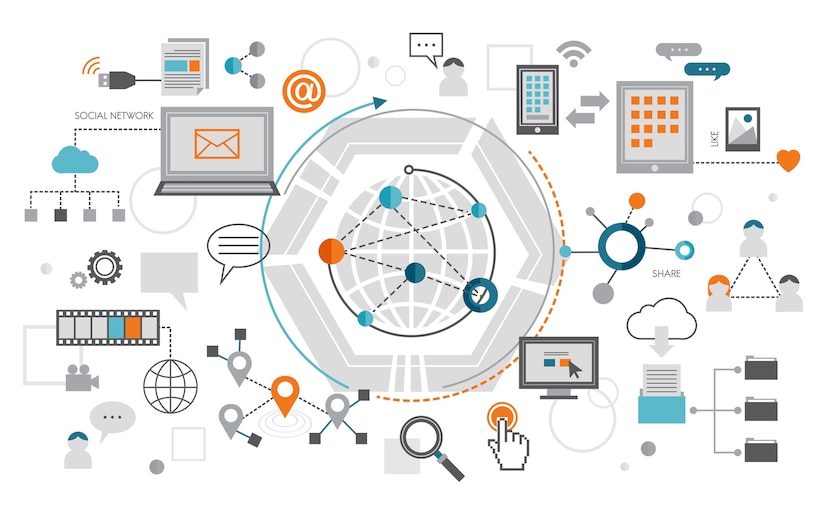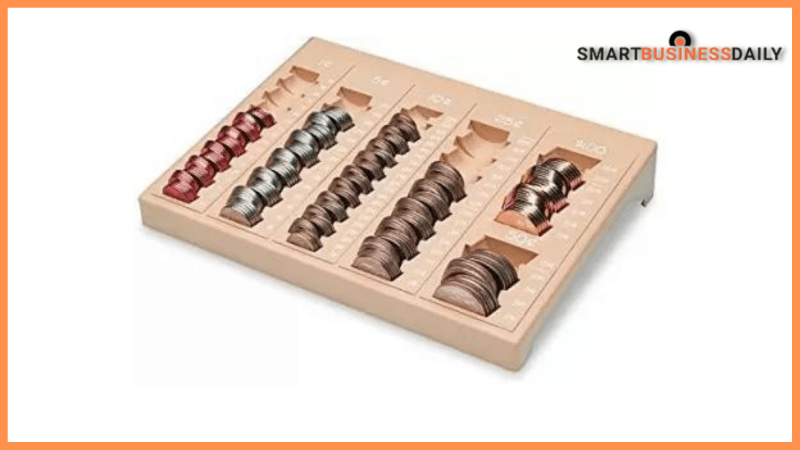How Do Retail IoT Help You Grow Your Business
10 September 2022
4 Mins Read

toc impalement
Before putting money into the Internet of Things, you must understand what it is and how it functions.
The Internet of Things is a network of technologies that,
Allows items such as home appliances, cars, and devices to transmit and receive data through the internet.
This means that the Internet of Things allows your devices to communicate with one another without your intervention. Because IoT devices are interconnected, they all collect and exchange valuable data. The most advanced technology is VUSION.
Retail business owners and marketers can compile this to create more accurate client profiles, assess customer needs and wants, and enhance the customer experience.
Here are a few ways IoT can be advantageous to retail:
1. Customer Service Enhancements
Data is the advantage of online shopping over in-store shopping.
E-commerce retailers can determine what their customers are searching for, where they are searching for it, what they may be interested in, and how to attract their attention based on precise insights derived from data.

With data from social media, mobile apps, and surveillance cameras, according to an article by IoT For All, store owners can gain insights to personalize the client experience or predict customer behavior.
In addition, the report states that eight out of ten retail stores have recognized that IoT has improved customer experience.
Approximately the same number claim it has improved business efficiency.
2. Management of Stocks and Supply Chain
Owners of physical stores have traditionally struggled with inventory management.
Inaccurate inventory tracking, theft, loss, and damage, as well as misplacement, can cost retailers a fortune. With the Internet of Things, retailers can opt for more intelligent inventory management technologies, such as RFID tags, inventory databases, or shelf sensors, to ensure that they are never out of stock or have too much inventory.

Similarly, IoT facilitates the optimization of merchants’ supply networks. Using RFID and GPS sensors, for instance, businesses can obtain more precise data on the location and movement of goods.
This enables enterprises to ensure that products are handled and stored correctly, reducing the likelihood of loss and damage. Research indicates that 86% of manufacturers have already used industrial IoT solutions, with 84% finding these solutions highly effective.
3. New Opportunity Identification
With the data that IoT helps firms collect, shop owners can utilize Artificial Intelligence (AI) to identify and map new consumer potential. One way to reach this goal is to look at product prices using IoT data and AI.

This can be based on data insights regarding how much customers are ready to pay for something, data insights regarding an increase or decrease in product interest, or even data insights regarding lead product development.
For instance, IoT device data may indicate to a business that buyers gravitate towards particular products owing to a specific feature.
4. How to Implement IoT in Your Organization
Diverse Internet of Things (IoT) applications can be found in retail, and the key is to invest in business-specific solutions.
Here are a few recommendations for properly utilizing IoT for the advantage of your business:

I. Creating Intelligent Stores
With sensors, cameras, and other IoT-enabled devices that provide merchants with real-time information, companies may develop “smart” stores that use data to enhance the consumer experience.
In addition, location analytics informs store managers where clients are concentrating their attention or spending most of their time within the store. This information can help define layouts, implement suitable shop designs, effectively locate products, and select marketing content.
ii. Checkout Automated
Long lineups notably put off customers who value their time. Even if a customer is not in a hurry and has a few items to purchase, a lengthy wait may cause them to go elsewhere.
In addition, having numerous staff working the register is not profitable, but IoT offers a solution.
iii. Smart Shelves
As previously said, stores’ inventory is a significant touchpoint.
Using intelligent shelves equipped with sensors and RFID tags, store managers may maintain a more precise inventory count and free up personnel to focus on other vital activities.
With digital tags and this Cloud platform, brick-and-mortar retailers can better manage and keep more items in stock.
CONCLUSION
Before incorporating IoT into your organization, it is crucial to evaluate safety and risk, just as you would with any other investment.
As with any cyber application, IoT is susceptible to data breaches and assaults. A lack of security or erroneous data could harm your company, revenue streams, and consumer relationships.
Studies and outcomes have demonstrated that IoT is not merely a fad in the retail industry, which is perpetually in flux.
Integrating Internet of Things (IoT) devices into your everyday operations may appear to be a significant investment. Still, it’s worthwhile for store owners who want to remain inventive and current and build their customer base.
Additionals:


















Comments Are Closed For This Article